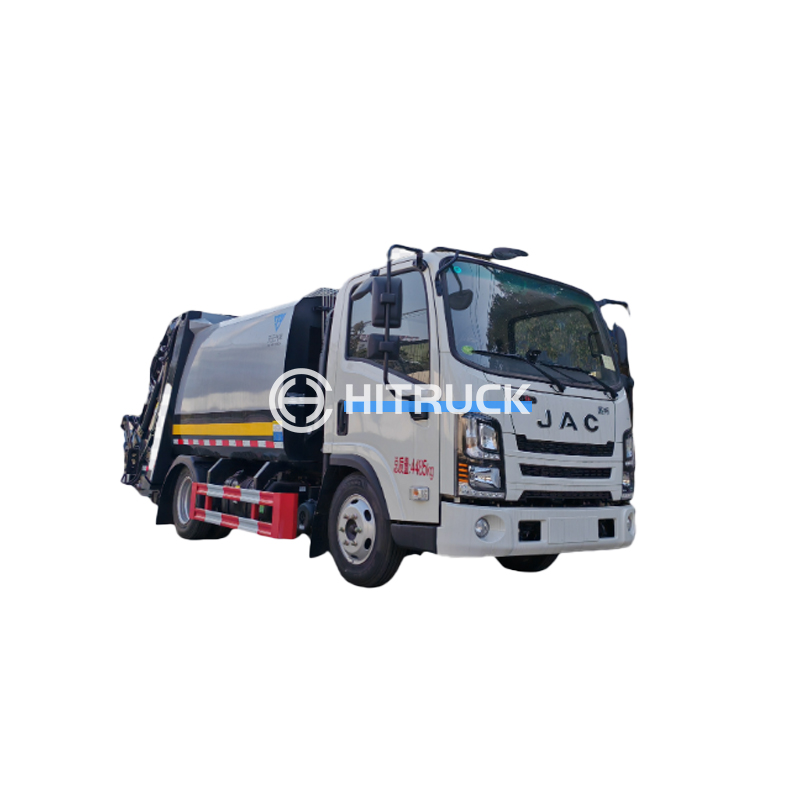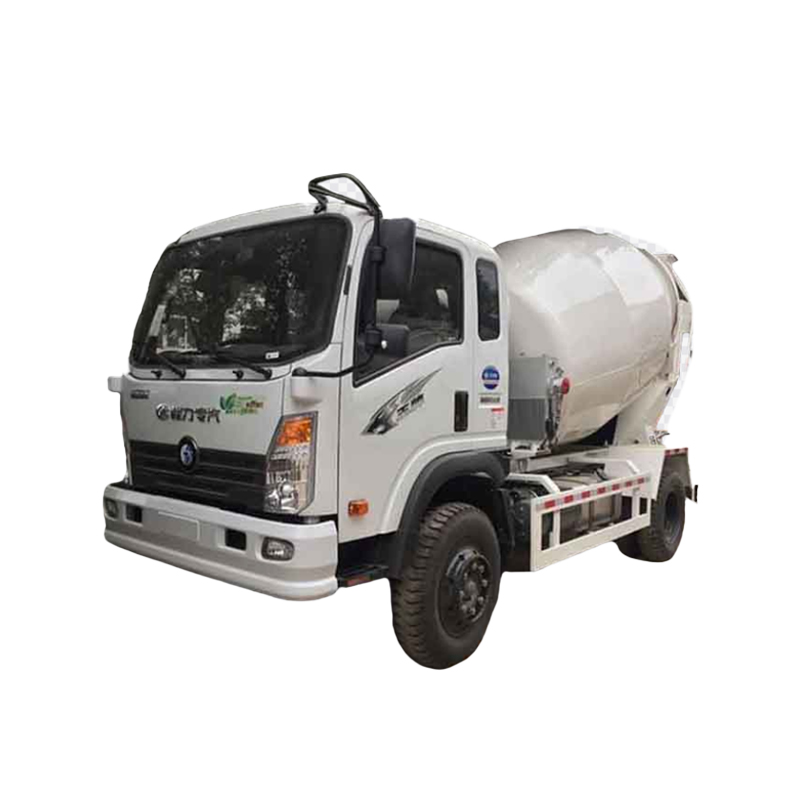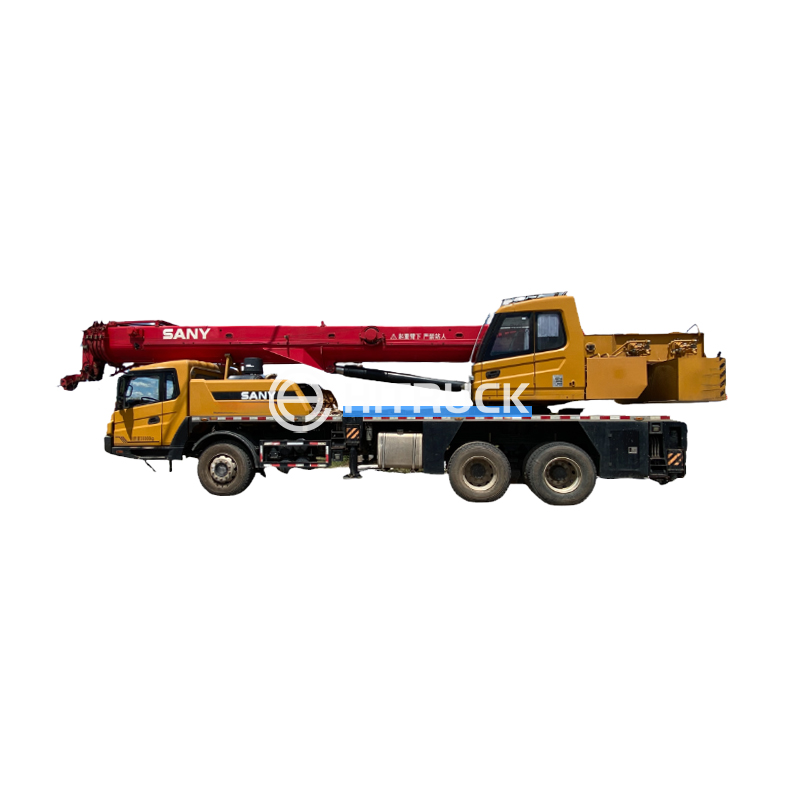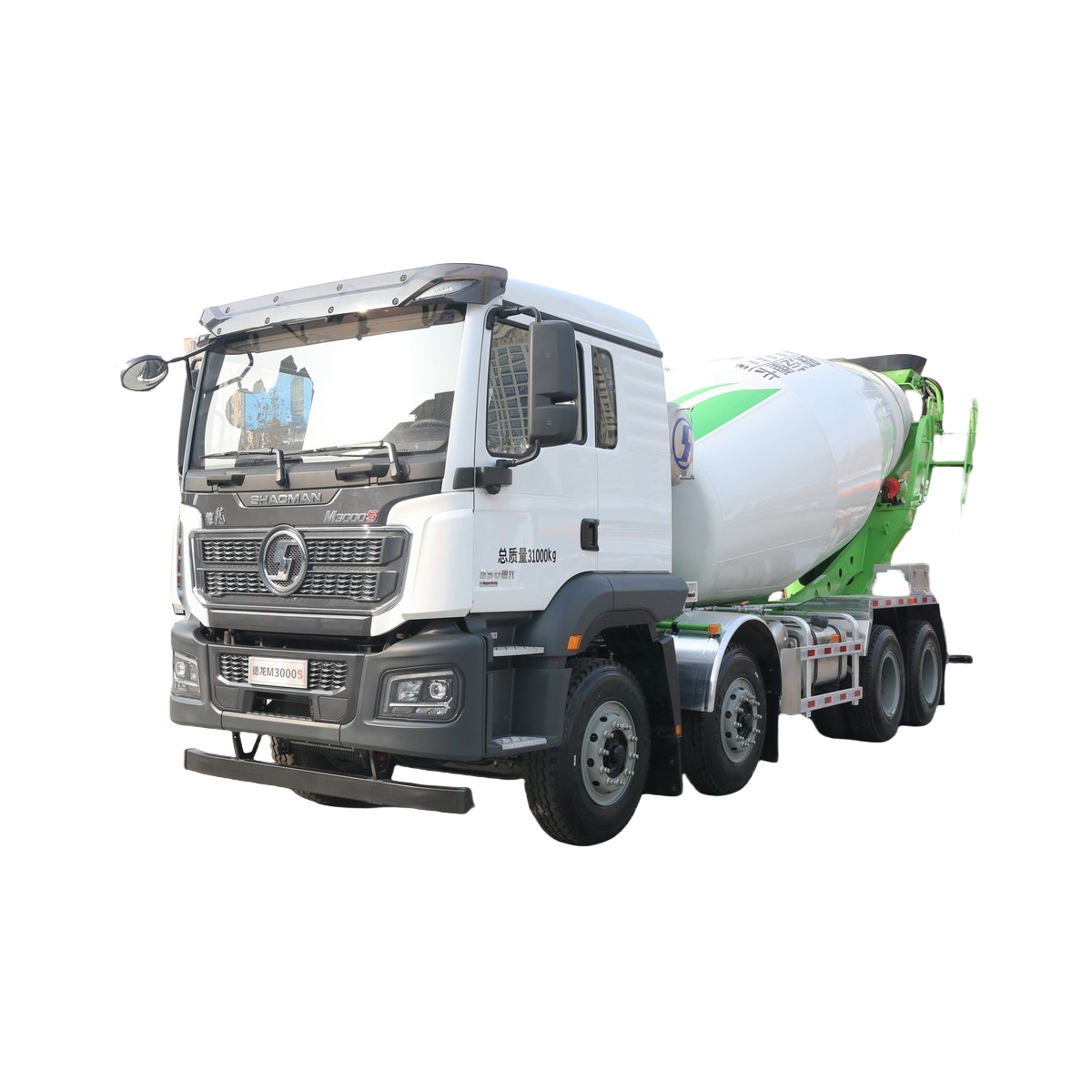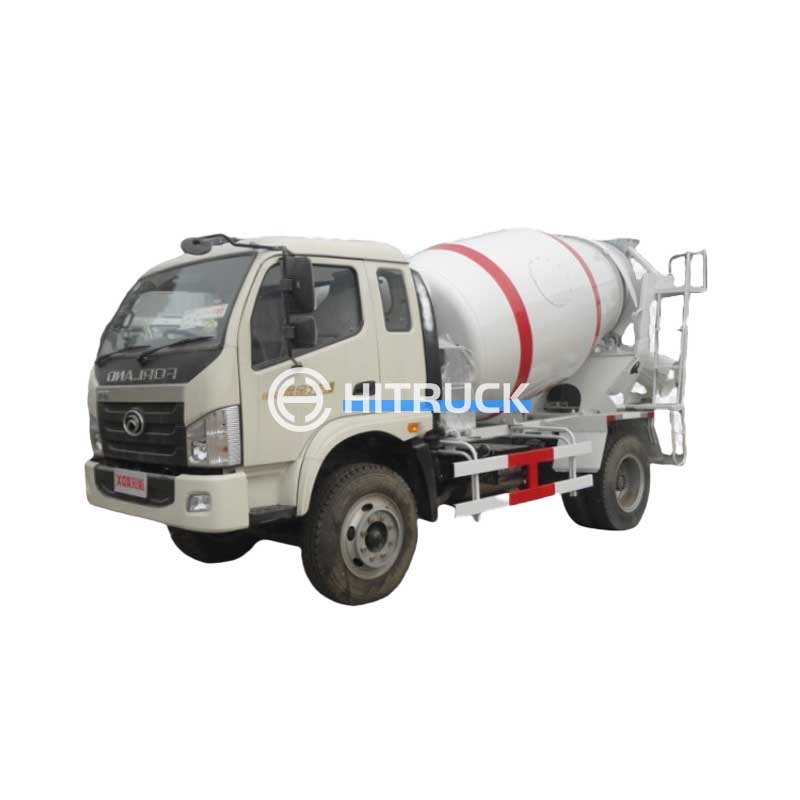This comprehensive guide explores everything you need to know about 150t mobile cranes, covering their capabilities, applications, safety considerations, and more. We delve into the technical specifications, operational aspects, and factors influencing the selection of a 150t mobile crane for various lifting projects. Discover the nuances of this powerful machinery and make informed decisions for your lifting needs.
A 150t mobile crane is a powerful piece of heavy lifting equipment capable of lifting loads up to 150 metric tons. These cranes offer significant lifting capacity and maneuverability, making them suitable for a wide range of construction, industrial, and infrastructure projects. Their mobility, achieved through self-propelled chassis, distinguishes them from other types of cranes. Key features often include telescopic booms, various counterweight configurations, and advanced safety systems.
Several manufacturers produce 150t mobile cranes, each with variations in design, features, and capabilities. Some common types include lattice boom cranes, which offer exceptional lifting capacity at long radii, and telescopic boom cranes, known for their ease of operation and versatility. The choice of crane type depends on the specific project requirements, including the weight of the load, the lifting height, and the working radius.
150t mobile cranes are indispensable in large-scale construction projects. They're used for lifting heavy components, such as prefabricated sections, structural steel, and large machinery. Their mobility allows them to efficiently navigate construction sites, improving workflow and productivity. In infrastructure projects, they play a crucial role in bridge construction, erecting wind turbines, and installing heavy equipment in power plants.
Industries such as manufacturing, oil and gas, and mining rely on 150t mobile cranes for various tasks. These cranes facilitate the movement and placement of heavy machinery, equipment components, and materials within industrial settings. Their capacity and precision contribute to safe and efficient operations.
The primary consideration is the crane's lifting capacity and its reach. Ensure the crane's specifications meet or exceed the requirements of your project. Consider factors like the weight of the load, the lifting height, and the required working radius.
Assess the site's terrain and accessibility to determine the appropriate crane type and configuration. Some sites might necessitate cranes with enhanced maneuverability or specialized undercarriage systems to handle challenging conditions. Consider ground bearing capacity as well.
Safety is paramount. Choose a 150t mobile crane equipped with advanced safety features, such as load moment indicators (LMIs), anti-two-blocking systems, and emergency shut-off mechanisms. Ensure the crane operator is properly trained and adheres to all relevant safety regulations. Regular maintenance and inspections are crucial for ensuring safe operation.
Regular inspections and maintenance are crucial for the safe and efficient operation of 150t mobile cranes. This includes checking vital components like the boom, hoisting mechanisms, and braking systems. Following the manufacturer's recommended maintenance schedule is essential.
Competent and certified operators are vital for safe crane operation. Operators should undergo thorough training on the specific model of 150t mobile crane they'll be operating, covering all aspects of safety procedures and operation techniques.
For your 150t mobile crane needs, consider contacting reputable suppliers specializing in heavy lifting equipment. Many companies offer rental services, allowing you to access the necessary equipment without significant upfront investment. Always ensure the supplier has a proven track record and adheres to high safety standards. You might find reliable suppliers through online searches or industry directories. For further assistance, consider contacting Suizhou Haicang Automobile sales Co., LTD to discuss your specific requirements.
| Feature | Lattice Boom Crane | Telescopic Boom Crane |
|---|---|---|
| Lifting Capacity | Generally Higher | Generally Lower |
| Reach | Typically Longer | Typically Shorter |
| Setup Time | Longer | Shorter |
| Maneuverability | Lower | Higher |
Disclaimer: This information is for general guidance only and should not be considered professional advice. Always consult with qualified professionals for specific project requirements.


